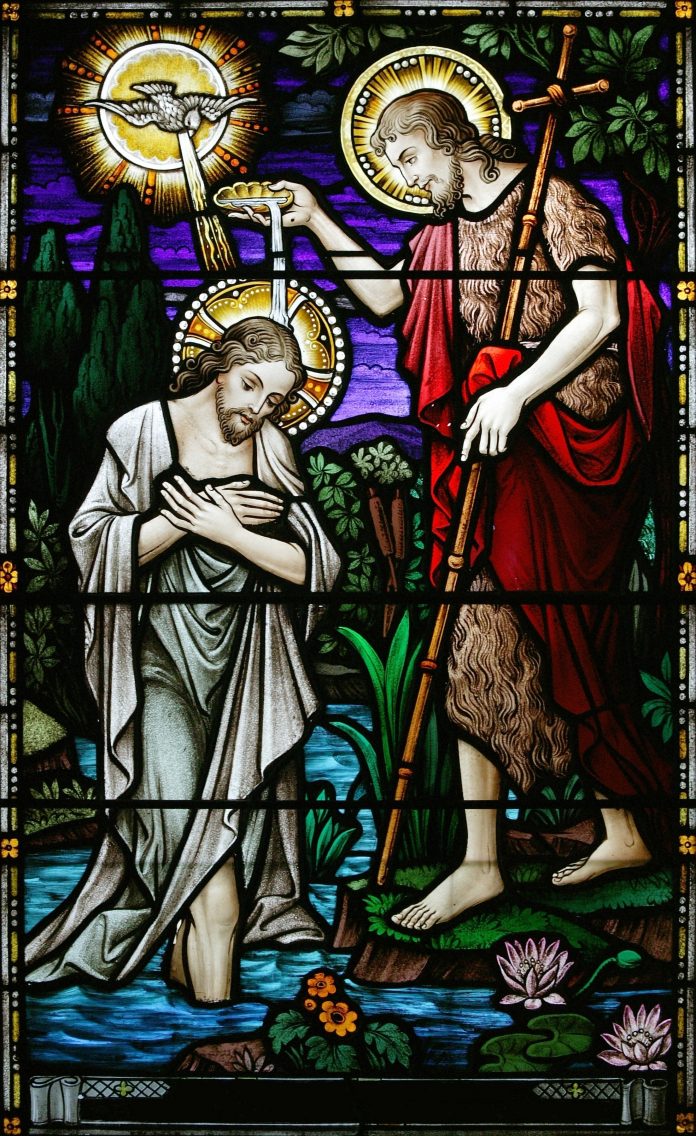
by Marian O’Brien, MTh
You can use this Complete-A-Project Bible Search activity with learners across a broad age range. This Bible Search is based on Matthew 5:17-37.
Background
* These verses constitute a portion of what is known as Jesus’ Sermon on the Mount. All of Matthew’s chapter five deals with instructions that Jesus wishes to give his followers. The chapter begins with the Beatitudes (vv. 1-12). However, in verses 17-37, Jesus instructs his disciples on the role of the old Law (meaning the Commandments) for a person who wishes to follow him.
* Jesus explains that he is the fulfillment of the Law. He does not replace the Law. Instead, he reveals to us a vision of the Law that surpasses superficial piety and a legalistic interpretation of the Law.
* Jesus highlights the distinctive way in which his followers should apply that Law in their lives. Verses 21-37 are examples of the much broader understanding that we must bring to each of the Commandments.
* For example, in verses 21-24, Jesus explains this broader understanding in relation to the Fifth Commandment: You shall not kill. For those who wish to follow Jesus, being angry with someone or treating someone with disrespect violates the overarching law of love for others that is associated with this Commandment. The word raqa that appears in this Scripture is the Aramaic word for “imbecile.” Subsequent verses in this Gospel enforce the lesson Jesus hopes to impress upon his followers by applying this broader interpretation to other Commandments.
* The last instruction—concerning oaths (vv. 33-37)—offers a slightly different lesson. The purpose of an oath is to call God as a witness. The practice of making an oath presupposes a person’s sinful weakness to lie. Jesus wants his followers to understand that they must always speak the truth and then there will be no need to ever resort to “swearing by” anything.
* This Gospel reading tells us that, as followers of Jesus, we “set the bar higher.” We cannot claim we are righteous under the Law unless we live the spirit of the Law rather than just the letter of the Law.
—Guide and activity sheet by Marian O’Brien, MTh.
MATERIALS
Copies of the activity sheet [CLICK HERE]
Bibles (The Search is based on the New American Bible.)
Pencils or pens
PROCEDURE
1. Explain to students that Jesus was a faithful follower of the Jewish Law. He was also the fulfillment of the Law, which means he revealed what God intended when he gave them the Law. Tell students that this activity will help them understand what the difference is between the letter of the Law (which allows them to let themselves off the hook sometimes) and the spirit of the Law, which calls them to a consistent behavior governed by love of God and love of neighbor.
2. Summarize the Background for your students; some of the questions on the activity sheet will be based on this material.
3. Have a student read aloud the left-hand panel on the activity sheet. Then conduct a discussion based on these questions: Although it appears that Chris followed the instructions for completing his book report, why didn’t he get the grade he wanted? What was it about Chris’s attitude toward the assignment that contributed to the grade he got? Why was Chris’s father so disappointed in him? Why did Chris do only the minimum amount of work required to complete the assignment? Can you remember a time when you might have made the same choice? What did you choose to do? How did your choice influence the way things turned out?
4. Explain to students that in this Gospel reading, Jesus tries to teach his followers that they must go beyond the simplest understanding of the Commandments in order to remain faithful to the spirit of the Law.
5. Have students open their Bibles to Matthew 5:17-37, and have a volunteer read the passage aloud.
6. Explain that Jesus chose a few of the Commandments to illustrate to followers what he meant by the spirit of the Law. Ask students to think of some spirit-of-the-Law examples that affect them every day. For example, there is no Commandments that says “Thou shall not bully thy classmates.” Yet, followers of Jesus do not bully others. What Commandment prohibits bullying? What Commandment prohibits cheating on a test?
7. Have students close their Bibles, answer the questions on the activity sheet, and compare their answers to the Answer Key at the bottom of the activity sheet. Close your discussion with an Act of Contrition.
© CATECHIST February 2014. Peter Li, Inc. Dayton, OH 45439
Permission is granted to copy this Guide for use with your students and their families.
Copyright 2014, Bayard, Inc. All rights reserved. This article is protected by United States copyright and other intellectual property laws and may not be reproduced, rewritten, distributed, redisseminated, transmitted, displayed, published or broadcast, directly or indirectly, in any medium without the prior written permission of Bayard, Inc.
This article was written by the Catechist staff and appeared in Catechist magazine, June 2014.
Image Credit: Shutter Stock 6709591




